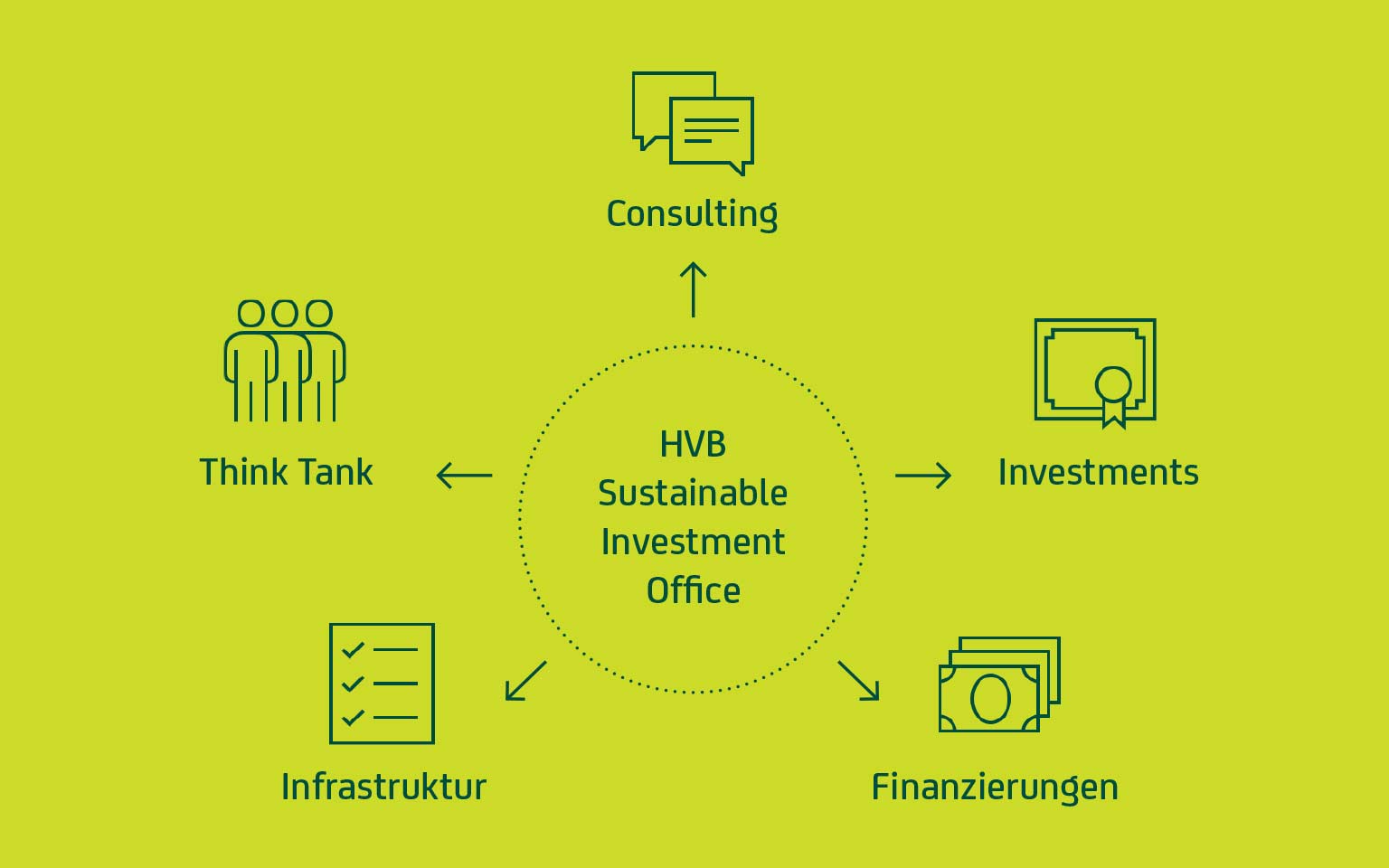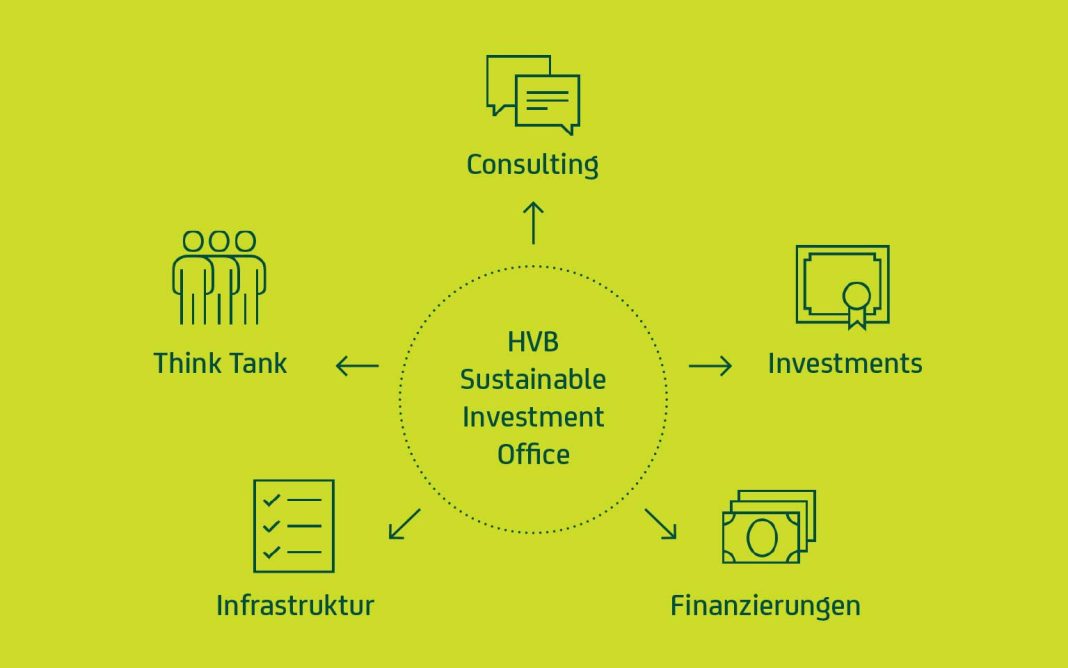 The Institute for Public Policy Research (IPPR) has recently released a report highlighting the urgent need for increased investment in the UK. According to the IPPR, Britain currently has the lowest rates of investment among all G7 nations, both from businesses and the government. This lack of investment is hindering the country’s economic performance and impeding its recovery from a technical recession experienced at the end of last year.
The Institute for Public Policy Research (IPPR) has recently released a report highlighting the urgent need for increased investment in the UK. According to the IPPR, Britain currently has the lowest rates of investment among all G7 nations, both from businesses and the government. This lack of investment is hindering the country’s economic performance and impeding its recovery from a technical recession experienced at the end of last year.
The IPPR’s analysis of UK business investment data for 2022 revealed that rising costs, weaker trade, and increased uncertainty have taken a toll on the economy. Private firms’ investment in business in the UK ranked lower than any other G7 nation for the third consecutive year. When compared to 31 OECD countries, the UK ranked 28th for business investment. In fact, Slovenia, Latvia, and Hungary were found to attract higher levels of private sector investment as a percentage of GDP than Britain. The UK’s investment in factories, equipment, and innovation was only higher than Greece, Luxembourg, and Poland.
George Dibb, the associate director for economic policy at IPPR, emphasized the importance of investment for economic performance, stating that “if the economy is an engine, then investment is its fuel.” He further explained that the UK’s dire productivity performance is a significant factor contributing to low living standards. Without resources flowing into new investment, it will be challenging for the UK’s economic performance to improve.
The IPPR’s analysis also revealed that the UK struggles to compete with other G7 nations in terms of total investment, which includes public, private, household, and not-for-profit investments. In fact, Britain has consistently ranked at the bottom of the G7 list for levels of investment over the past three decades.
To address these issues, the IPPR has called on the government to deliver high-quality public investment in areas such as education, infrastructure, healthcare, and renewable energy industries. They argue that public investment can crowd in private investment and stimulate economic growth. It is crucial for the government to develop a green industrial strategy and demonstrate that the UK is a secure, sensible, and stable place to invest.
As the general election approaches, the main political parties have outlined their investment pledges. The Conservative Party plans to invest £36 billion in local roads, rail, and buses to drive regional growth. They also promise to support small and medium-sized firms with a £4.3 billion business rates support package over the next five years. Additionally, they plan to invest £1.1 billion into the Green Industries Growth Accelerator to support the manufacturing sector.
On the other hand, the Labour Party aims to use public investment to attract private funding through its Green Prosperity Plan. They intend to create 650,000 jobs across Britain by 2030 and cap the headline rate of corporation tax at 25 percent. Labour leader Sir Keir Starmer has also pledged to boost investment by nearly £5 billion per year by 2028-2029.
Despite these promises, the IPPR argues that both parties’ plans still imply an overall fall in investment. The Conservatives’ current policies suggest significant cuts to public investment after the election, while Labour’s promise of increased investment falls short of what is needed.
The Confederation of British Industry (CBI) has also called on the next government, regardless of their political affiliation, to prioritize business investment and address labor and skills shortages within the first 100 days of Parliament. CBI Chief Executive Rain Newton-Smith believes that a new government can provide the necessary boost by delivering a bold pitch to global investors and restoring UK competitiveness while strengthening climate commitments.
In conclusion, the IPPR’s report highlights the urgent need for increased investment in the UK. The country’s low rates of investment compared to other G7 nations are hindering economic performance and impeding recovery from recession. Both public and private investment are crucial for stimulating growth and improving living standards. As the general election approaches, it is essential for the government, regardless of party, to prioritize business investment and address key issues such as labor and skills shortages. Restoring UK competitiveness and strengthening climate commitments will also be vital in attracting global investors.

